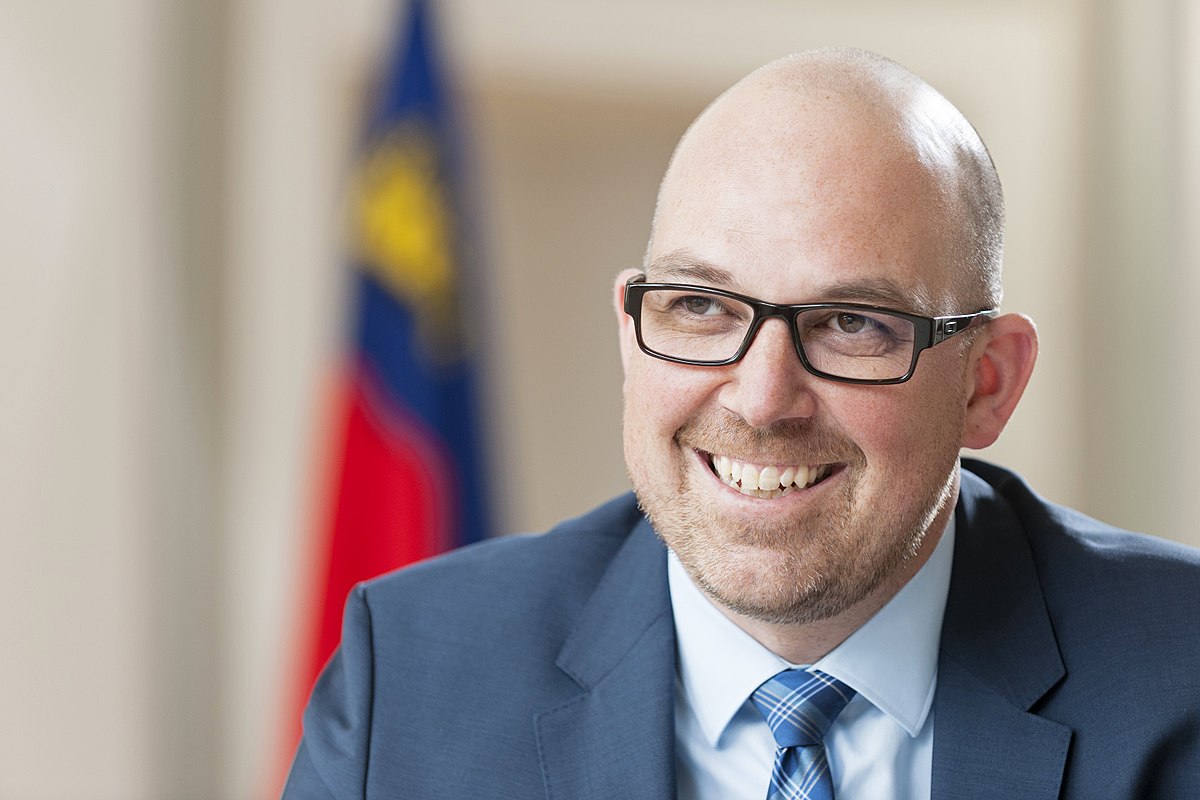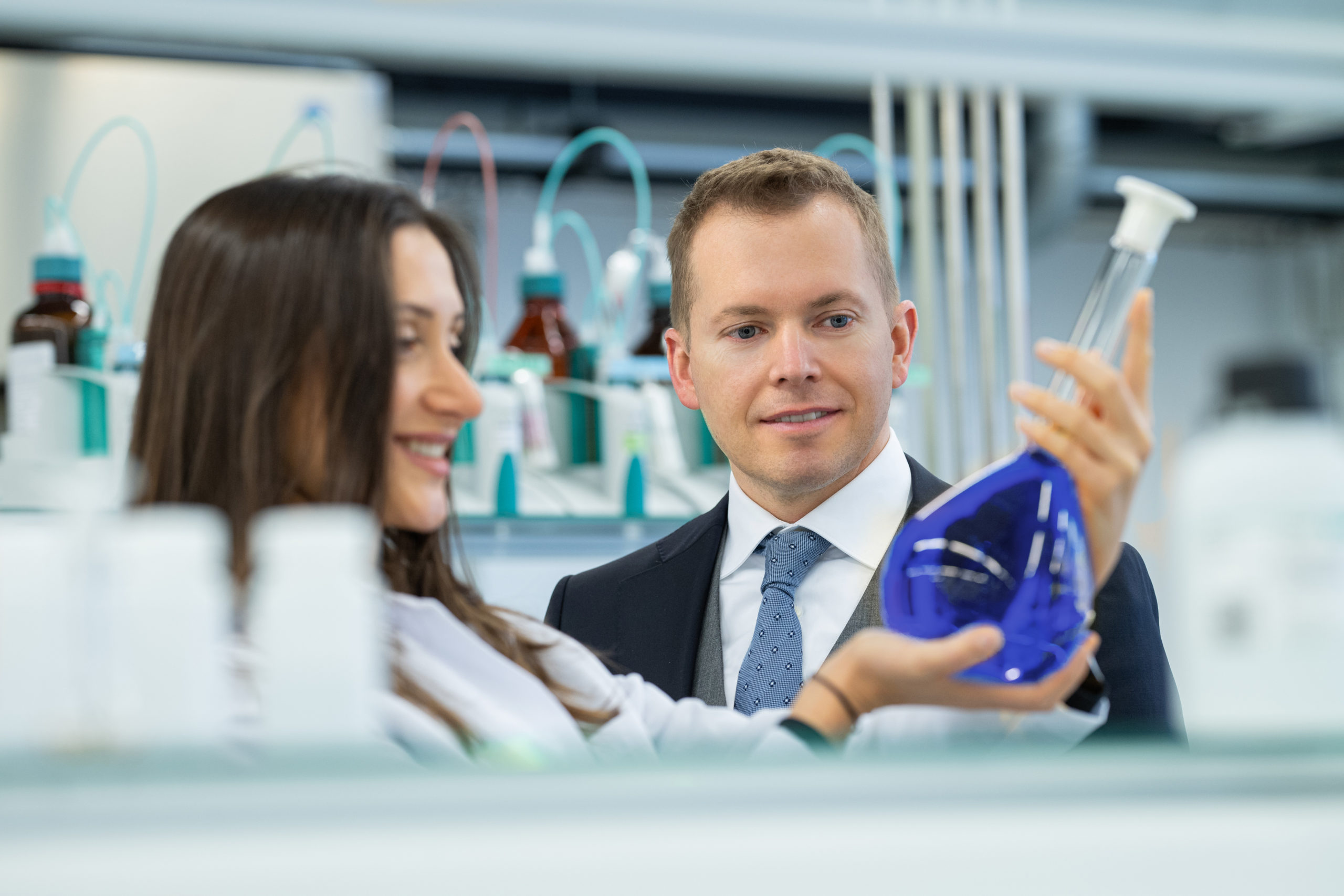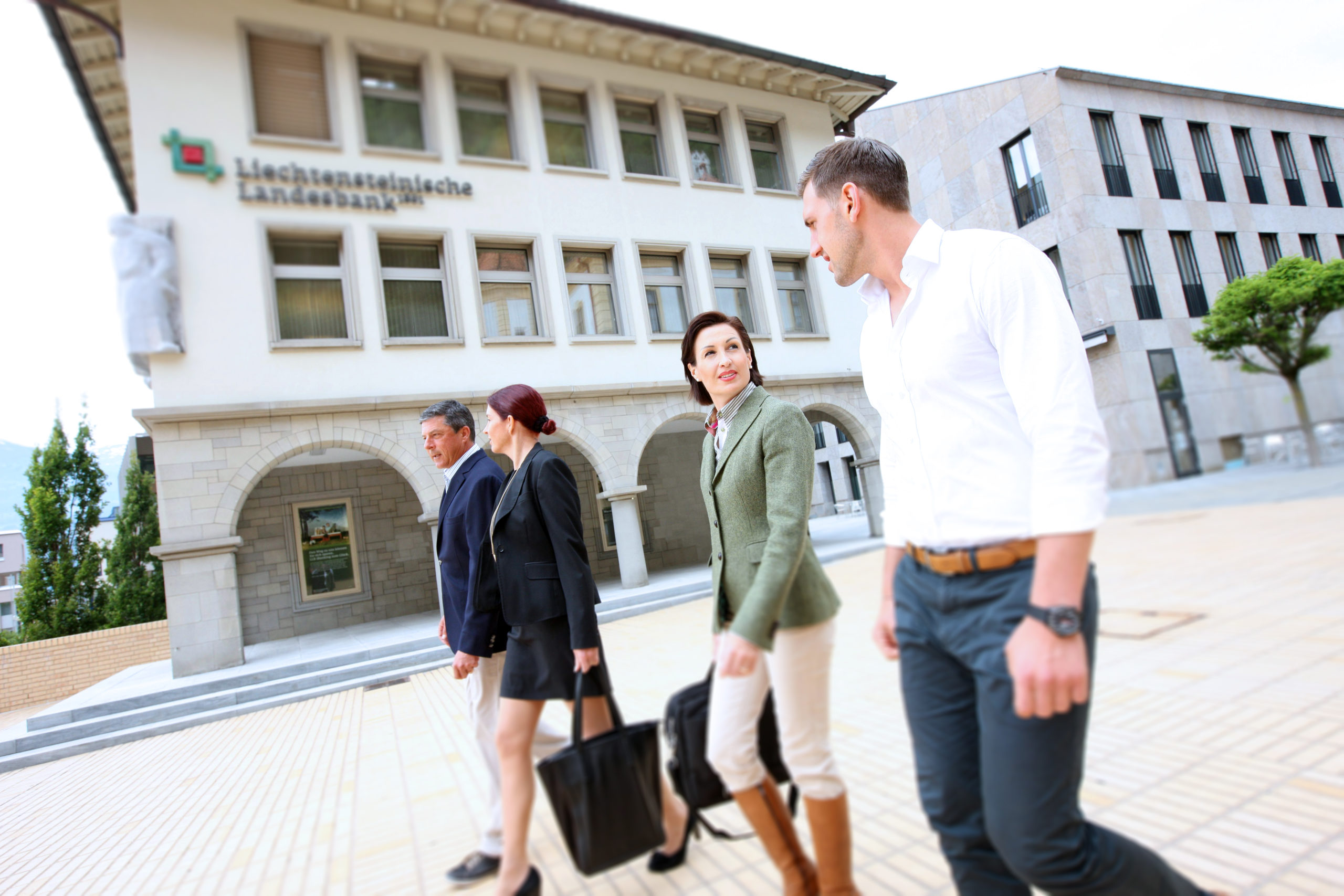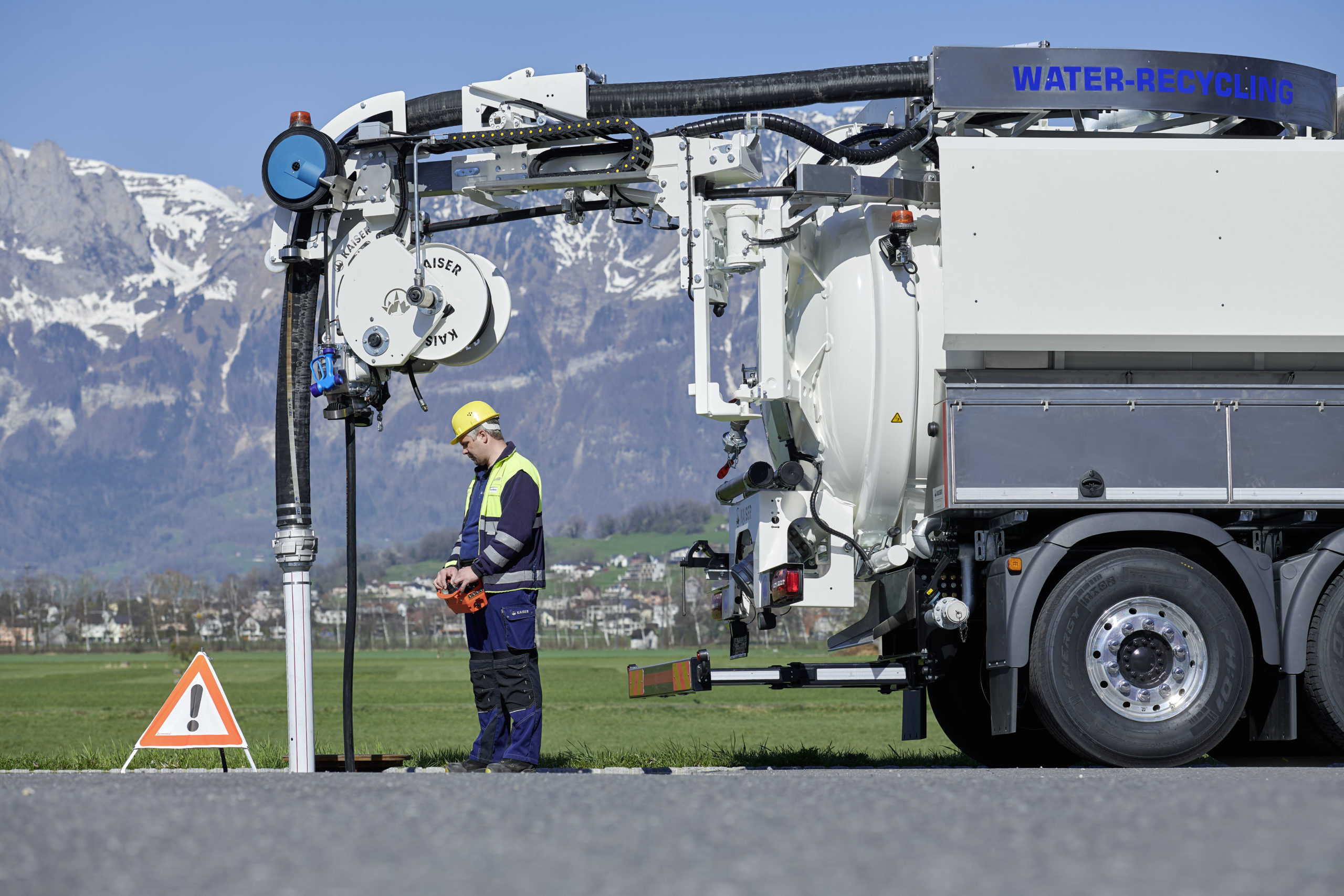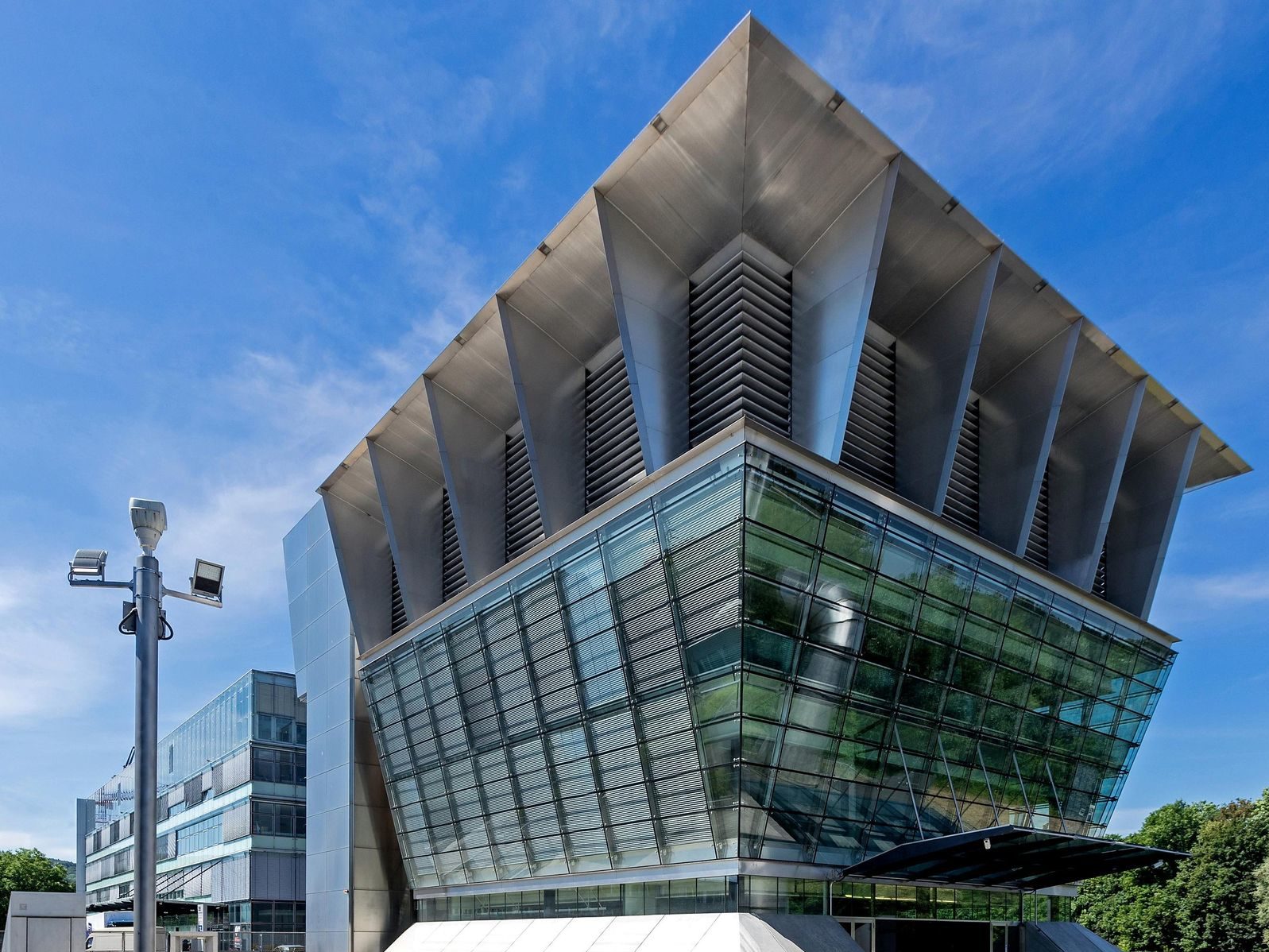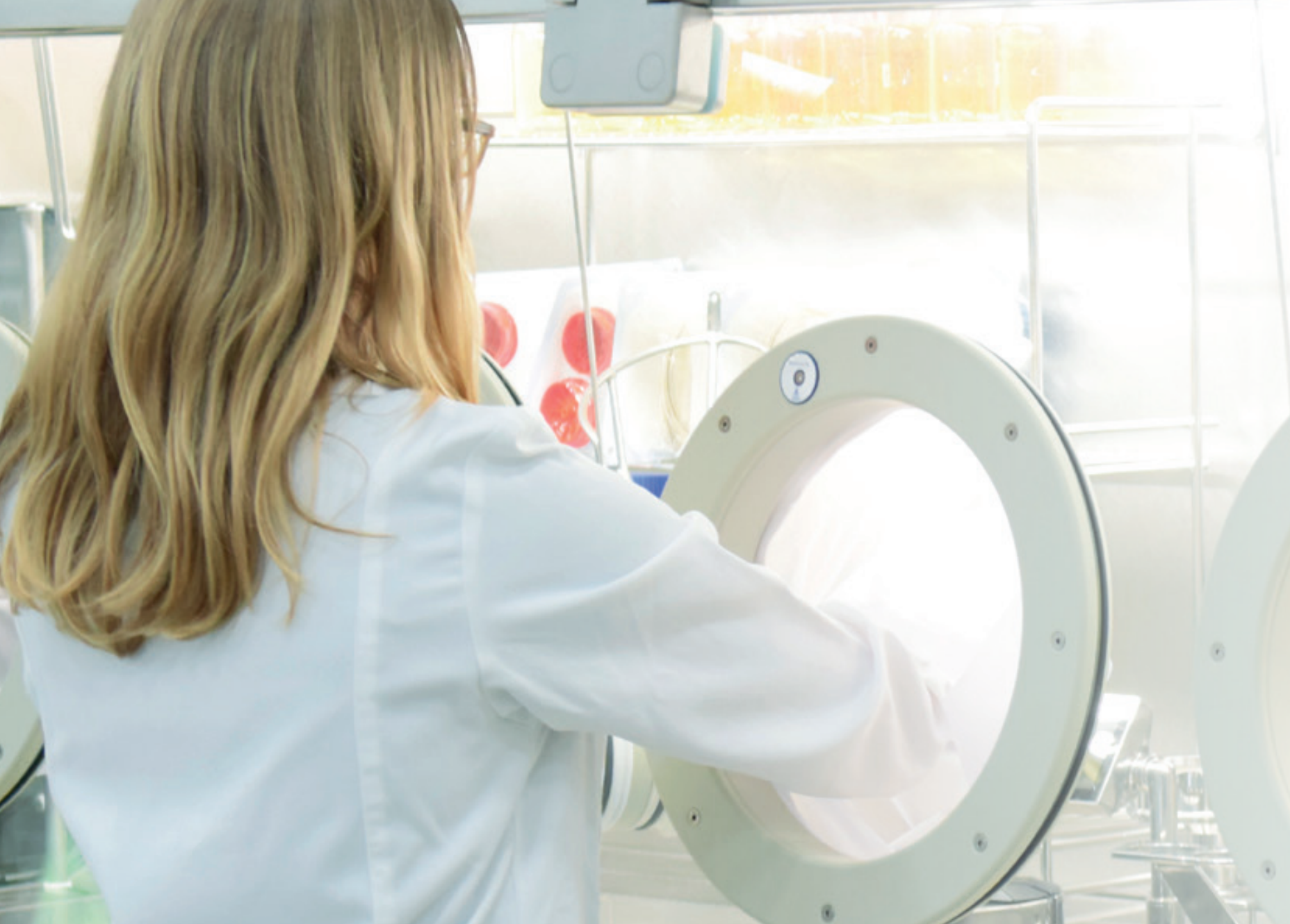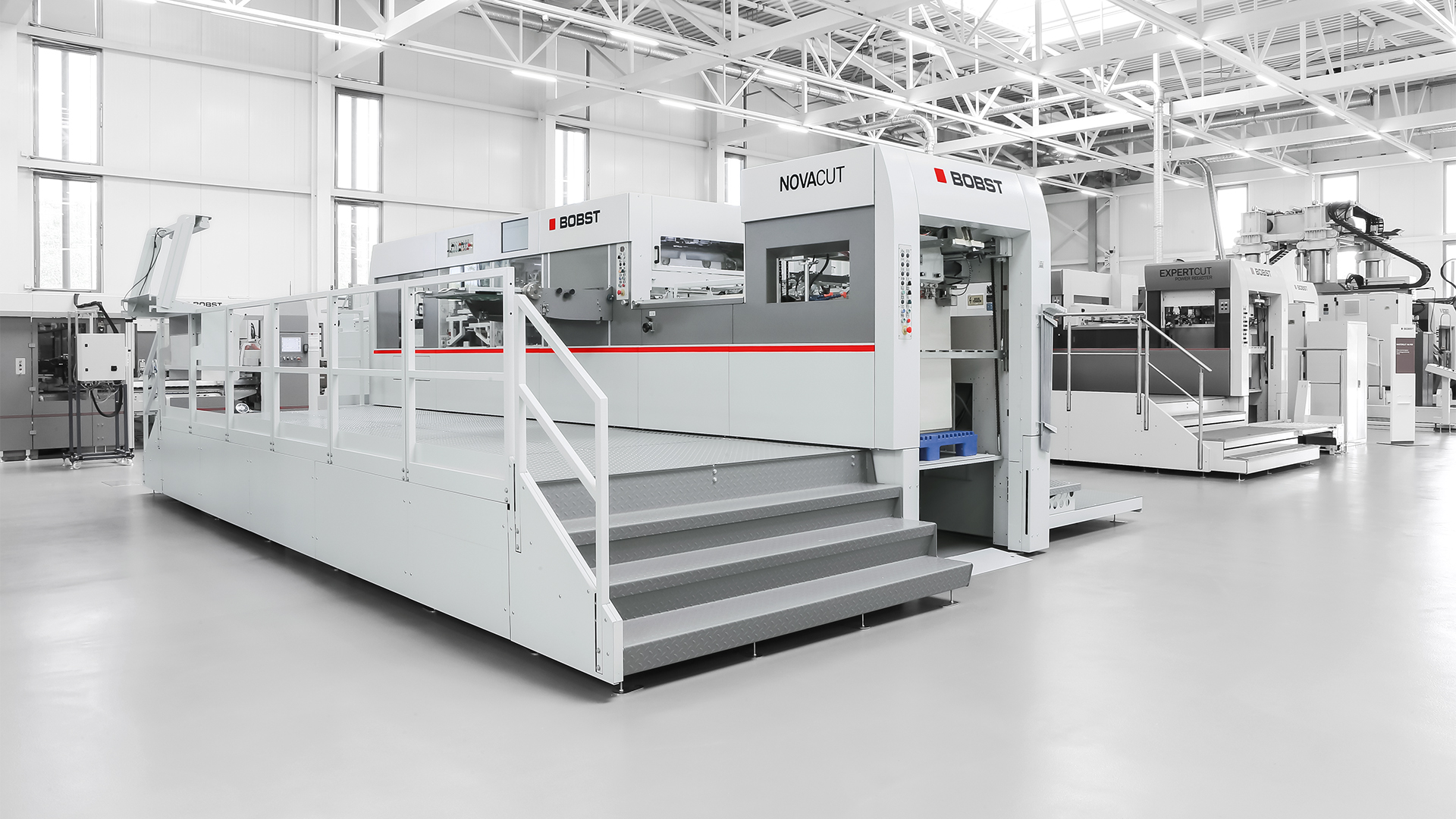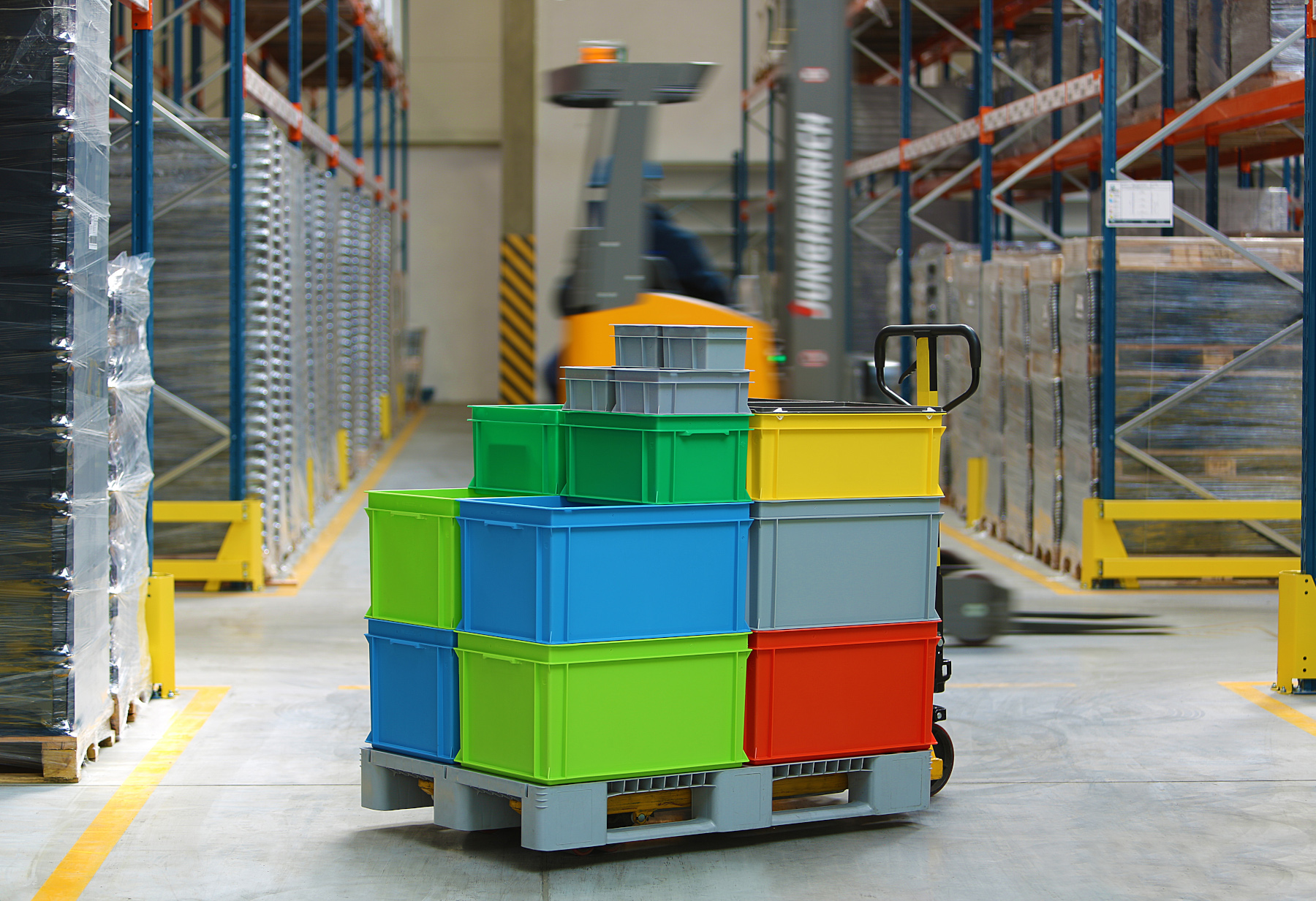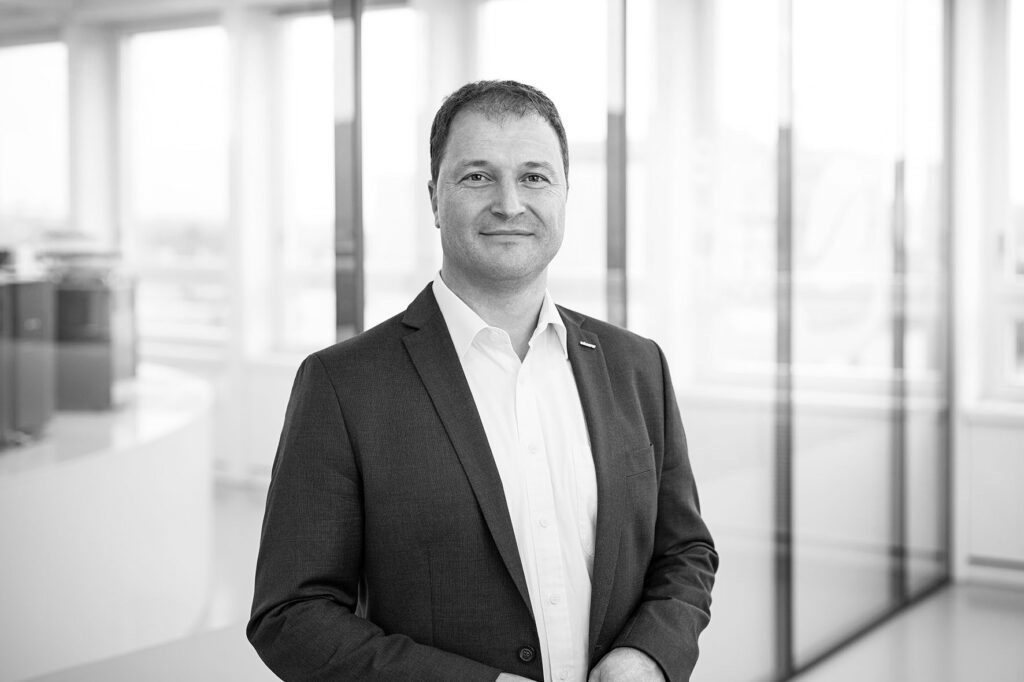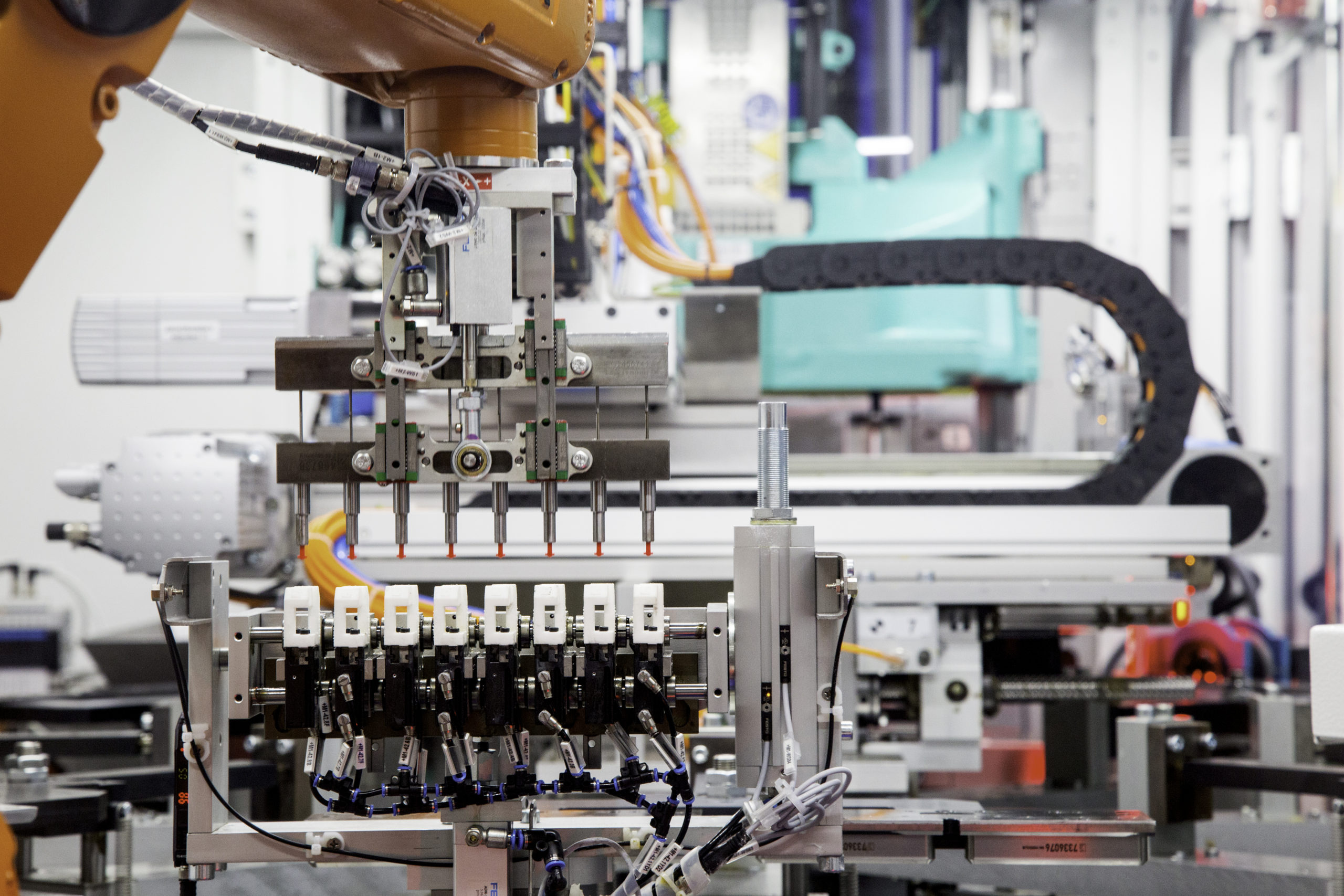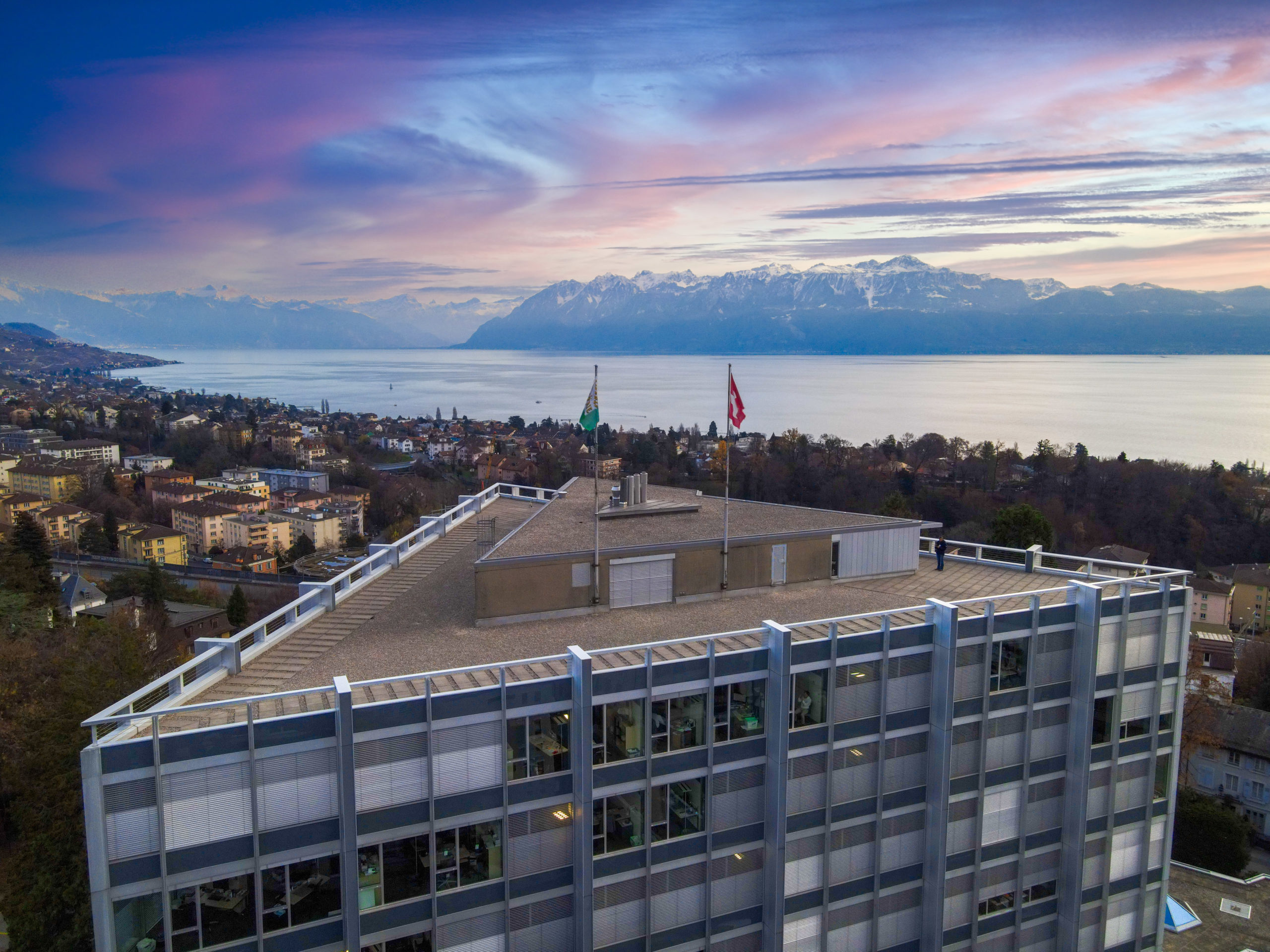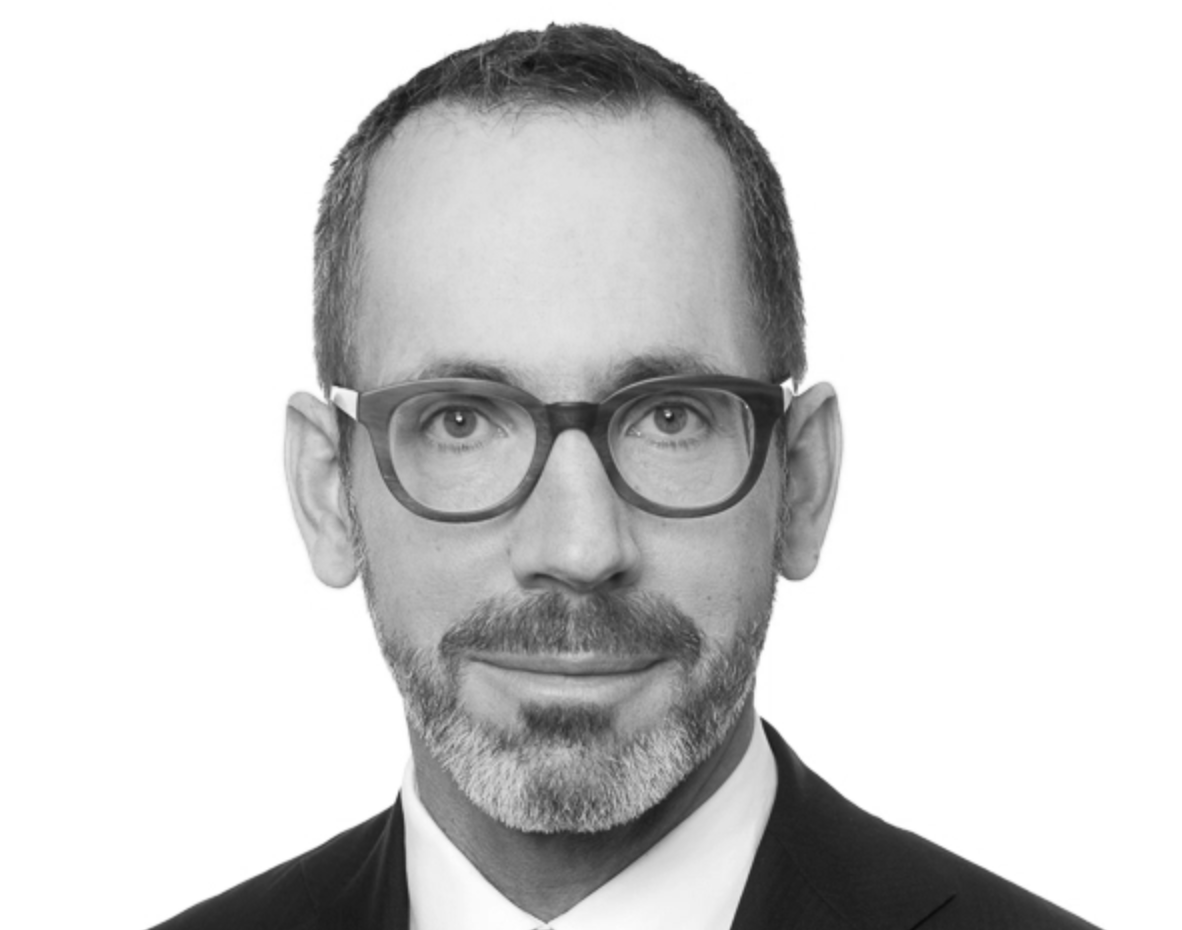How will natural gas exports contribute to Egypt’s economic acceleration?

The current strategy of the Ministry aims at fulfilling the requirements of the local market and completion of the gas development projects. However, to achieve such a vital goal we worked towards increasing production by speeding up the development of the Mediterranean discoveries. Thus, due to implementing these programs, in a short period, to speed up those projects, Egypt’s gas production rates increased gradually to reach 6.6 billion cf/d, which contributed to achieving self-sufficiency from locally produced natural gas and halting LNG imports for the first time since April 2015.
Now, we are implementing programs, continuously, to increase natural gas production to achieve surplus to fulfill Egypt’s previous contractual obligations for exporting gas, which was not possible before, as a result of instability that, negatively, affected investments and gas production rates.
Furthermore, we aim at directing volumes of the surplus gas towards petrochemical industries, which will, significantly, contribute to increasing economic development rates through increasing resources added value. Such industries achieve distinct returns through fulfilling part of the local market requirements of raw materials & crudes along with exporting part of the production for foreign currency resources provision.
Moreover, Egypt plans to receive the gas produced from current discovered fields in the East Mediterranean region after their development and re-export it via the country’s gas liquefaction plants, which will achieve the desired goal of transforming Egypt into a Regional Hub for natural gas trading. The Hub will add economic and political benefits for Egypt such as monetizing the country’s infrastructure as well as reinforcing Egypt’s role both regionally and globally as a central country for all energy fields. Furthermore, we concluded several agreements with our strategic partners in the EU and Cyprus to support the steps taken for transforming into a Regional Hub and opening new horizons of cooperation at different energy fields.
How can the private sector advance Egypt’s Energy Hub strategy?
The private sector is, undoubtedly, an important partner to Egypt in achieving the strategic objective of transforming the country into a Regional Hub for trading and exchanging gas and oil, playing a vital role in this domain in light of the current trend for gas market liberalization. The issuance of the Gas Regulatory Law and establishing a separate, independent Regulatory Authority, are steps that aim at providing an opportunity for the private sector to compete in all gas industry domains, together with participating as key players in trading and exchanging gas in the Egyptian market after concluding all the conditions and rules set by the law and its executive regulation. In fact, the new law allows the private sector’s qualified companies to purchase, import and selling gas, whether to the local market or re-exporting it via the LNG plants, which will achieve added-value to the Egyptian economy, benefiting from imported gas by reusing it in many industries or through re-exporting it to the global market. In addition, achieving optimal utilization from the gas infrastructure in Egypt, which is one of the most significant pillars of Egypt’s national project of transforming into a Regional Hub for exchanging and trading natural gas.
What efforts are being exerted to attract investments to the Sector?
No doubt that the major IOCs’ interest in pumping new investments in the upstream domain, represents a clear message of the foreign companies’ confidence in the investment climate improvement in Egypt, due to the reforms that have been implemented. The State has taken numerous procedures in order to accelerate projects’ implementation. This was clearly manifested in several indicators; inking 95 new oil & gas exploration agreements, which is the largest number of agreements signed in Egypt since 2014 until now. This confirms the speed, flexibility, and transparency of the process of awarding the offered bid rounds along with the cooperation of all the State’s institutions, to obtain all approvals from its inception, until its completion, as well as issuing the necessary laws in record time. However, the best evidence of that historical achievement was realized in Zohr field project, as it was put on production in 28 months, compared to 6 years worldwide.
As for the measures taken to bolster Egypt as an increasingly attractive investment climate, the Petroleum Sector launched the modernization project, which includes a program to develop the mechanisms of attracting foreign investments. Thus, the Petroleum Agreement Model has been developed to include provisions that encourage foreign partners for investment in view of the high-cost discoveries development, in general, and of the deep Mediterranean areas & the risk factor, in particular. Some conditions have been set in the new agreements aiming at achieving an appropriate return on investment, to encourage the foreign partners for investment and rapidly putting discoveries on production.
Furthermore, the Ministry of Petroleum is, currently, working on applying new concepts that will expand the investment map of Egypt in the oil and gas upstream activities, through the implementation of new projects for seismic survey in the Red Sea, Gulf of Suez and West Mediterranean to identify areas with promising prospects to be offered in International bid rounds. In addition, the establishment of Egypt’s e-portal for marketing petroleum and exploration areas, contributing to attracting investments of IOCs as well as promoting these areas & petroleum investment opportunities in a modern concept.
How do you evaluate the potential for additional onshore oil and gas discoveries?
The Petroleum Sector is keen on offering International bid rounds and concluding petroleum agreements, which are considered the cornerstone of achieving further discoveries and developing oil and gas resources. In addition to the continuous coordination and cooperation with the foreign partners to accelerate implementing their exploration and development activities, as well as putting discoveries on stream.
Currently, we are depending on modern technologies in the field of exploration, for implementing initiatives of the Petroleum Sector Modernization Program, through executing seismic survey projects in West Mediterranean, Red Sea and Gulf of Suez, which helps in identifying geological structures in the deep core of the earth clearly; giving an accurate status of oil and gas resources, to be confirmed through exploratory wells drilling programs.
These efforts come within the framework of the Petroleum Sector Development and Modernization Project, which includes a work program for enhancing production performance and increasing petroleum resources’ production during the coming period. This could be executed through encouraging exploration activities and increasing investments of oil and gas. In addition, the program works on applying plans and operation programs in all production sites, based on studying and identifying opportunities to increase production from the existing fields together with accelerating development plans and new projects, besides reducing production cost. Moreover, the program works on increasing production facilities and expanding on shore exploration, at the promising regions of the Western Desert of Egypt, which witnessed, recently, three successive discoveries of oil and gas for the Italian company ENI at Faghur basin; as a result of using the latest technologies, new drilling methods and testing layers in deeper geological structures. In light of the intensifying exploration activities, along with the available facilities and infrastructure in the region, these discoveries will have significant economic impact, especially with low production cost and high quality of the produced crude oil. All these factors encourage International companies to direct their investments towards the Western Desert, which is full of promising prospects.
What role do you foresee downstream activities taking within Egypt’s economy?
Currently, the Petroleum Sector is working on implementing its ambitious work program to upgrade and raise the efficiency of the Egyptian refineries, which include the establishment of new refining projects as well as the development of existing refining units with investments of about $ 8 billion in Cairo, Suez, Alexandria and Assiut in order to increase efficiency & the local refining capacity. This will achieve Egypt’s vital objectives, such as; securing the petroleum products supply and keeping pace with the increasing domestic demand along with reducing the quantities of major petroleum products imports such as gasoline, diesel and LPG, to ease the pressure on foreign currency and as well as the improvement of the Balance of Payment . However, The Refineries development is considered one of the main axes of Egypt’s plan to transform into a Regional Hub for crude oil refining and petroleum products trade.
The existing plants have already been supported by advanced production units that were put online over the last few months such as the high-octane gasoline production unit at ANRPC, Alexandria and the production unit of LPG and naphtha in Assiut plant. Another unit for the production of high-octane gasoline is being constructed, in addition to the first phase of Midor refinery in Alexandria.
Furthermore, several new projects will be completed simultaneously, the most important of which; the Egyptian Refinery in Mostord, the largest project to be carried out with total investments of $3.7 billion, the Hydrogen Cracking of Diesel Complex in Assiut with investments of $1.8 billion, along with the second phase of the Midor expansion project with total investments of EUR 1 997 million. In addition, we are implementing several other projects, at present, related to the activities of trading, transportation and marketing of petroleum products, with the ambition of upgrading the petroleum products trading and storage infrastructures, which are one of the most significant elements of the project to transform Egypt into a Regional Hub for crude oil and petroleum products trade. There is the offshore terminal at SUMED for petroleum products trade and storage at Ain Sokhna, whereas the operation of the first two phases was completed. In addition, there is a project, underway, at Sunker Port for the reception, trade, and storage of petroleum products, along with the expansion of Hamra Petroleum Port at the Mediterranean Sea to receive larger tankers with a capacity of one million barrels.
During the year, we have completed and operated several crucial projects in the field of infrastructure, the most important of which; is the storage and trading of petroleum products, in Badr city and LPG storage and trading units in Sohag.

